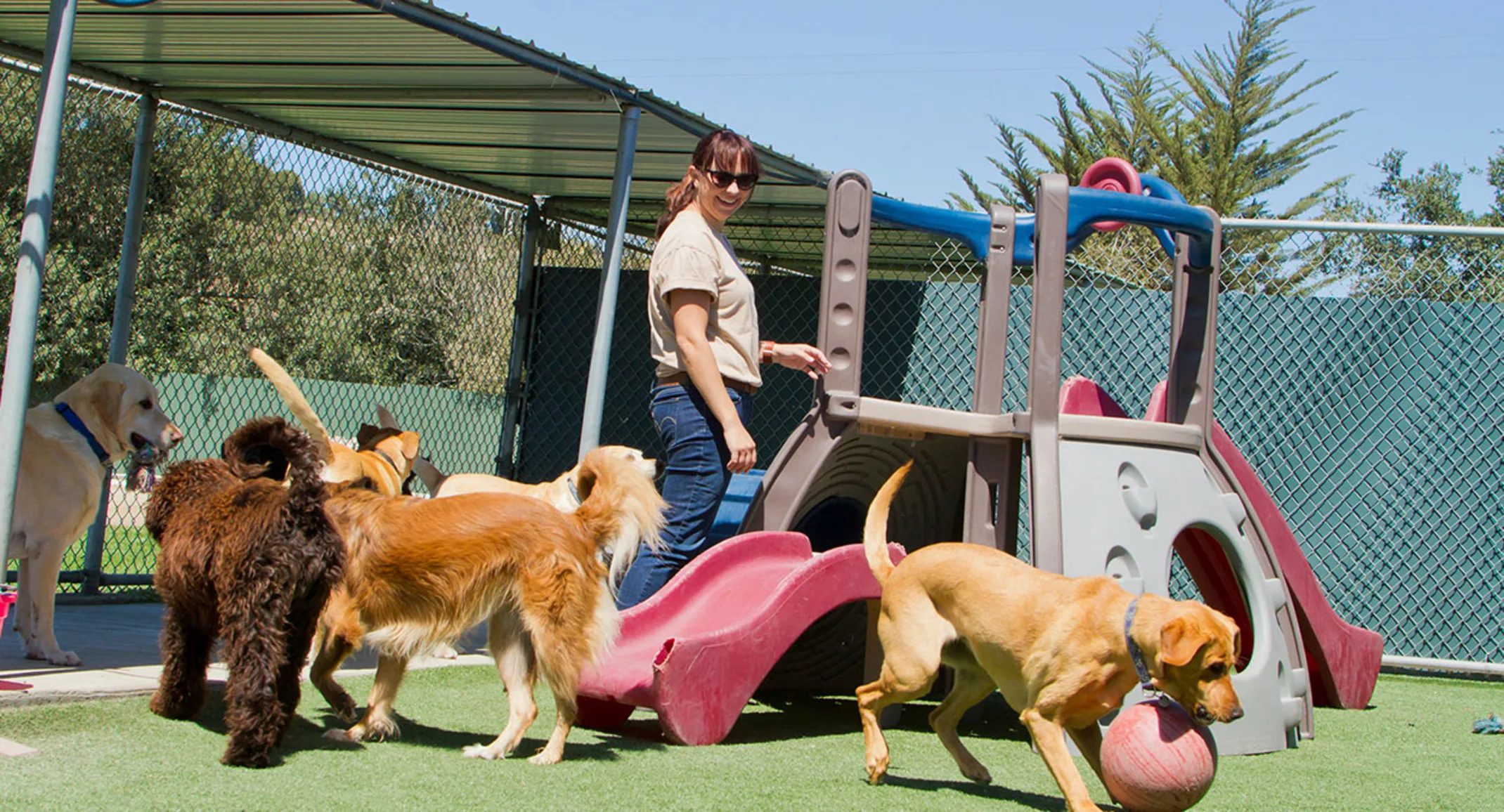Preparing Your Pet For Boarding
Pet Lifestyle

Leaving your pet behind when you travel is never easy, but preparing for their boarding experience can mean the difference between a comfortable staycation and a stressful split. You will need to plan ahead to ensure your pet’s home away from home is fully prepared to handle all their needs, and to ensure your pet is healthy and ready for the experience.
Use this guide to prepare your pet for boarding success.
Pre-boarding checklist
You will want to begin checking off the following tasks well in advance of your pet’s boarding dates:
Visit your veterinarian — Before leaving your pet, you should get a clean bill of health from your pet’s veterinarian. Although many facilities do not require a pre-boarding exam, a thorough check-up will give you peace of mind while you are away from your pet.
Ensure your pet’s vaccinations are up to date — Reputable boarding facilities will require that your pet be fully vaccinated before their stay. Choose a facility with this policy, and ensure your pet is current with their vaccinations several weeks ahead of time, to allow their immune system to mount a sufficient response.
Refill your pet’s medications — Ensure your pet has plenty of medication to cover their stay, plus a few extra days in case you are delayed and their stay is extended. Take the medication in the original container that clearly details the medication’s name and administration instructions.
Administer your pet’s monthly parasite preventives — Most facilities require that your pet receives flea prevention prior to their stay. Even if the facility you choose does not require this step, it’s best to ensure your pet does not bring home any pesky hitchhikers.
Pack your pet’s essentials — Packing your pet’s normal food will prevent digestive upset caused by a sudden food change. Your pet will also feel more at home surrounded by their blanket and a favorite toy. Ask the boarding facility before you arrive whether they allow personal items, or if they prefer to use their own supplies.
Copy your pet’s medical records — Especially if your pet has a chronic medical condition, ensure the boarding staff is familiar with your pet’s medical history. Clearly list all your pet’s medications, treatments, and other essential tasks to ensure the staff knows exactly what to do. Additionally, ensure the boarding facility has your contact information so they can reach you in case of questions or an emergency. You may also want to program the facility’s number in your cell phone so you can check in on your pet while you're away.
Become familiar with the boarding facility’s policies — Familiarize yourself with the boarding facility’s policies, so there are no surprises when you drop off your pet.
Acclimating your pet to the boarding facility
If your pet is new to boarding, you may want to arrange a few short practice visits, where your pet stays for a few hours at a time to become familiar and comfortable with their new surroundings. In general, dogs typically enjoy the change in scenery and social interactions with new people and animals, and young cats often enjoy the social perks of boarding. Older pets may not be as sociable, but they can still contentedly observe the comings and goings.
Remember, pets pick up on their owner’s emotional state. A prolonged, emotional farewell can make your pet anxious about being away from you, so say a quick goodbye and calmly leave at drop-off time. If you are worried about your pet settling in, contact the kennel after 24 hours for reassurance that your pet is acclimating to their temporary home.
Taking your pet home after boarding
Although your pet will be excited to see you, again, refrain from an exuberant greeting at pick-up time, to reinforce the idea that boarding is nothing to get worked up about. Feel free to ask plenty of questions about your pet’s boarding experience, such as:
Did your pet adapt well?
Did your pet eat well?
Was your pet sociable with people and other animals?
Did your pet seem depressed or irritable?
The boarding staff should be more than happy to answer your questions, so you can be more prepared for your pet’s next visit.
Don’t be alarmed if your pet takes a few days to fall back into normal routines. They may sleep more back in their quiet, relaxing home, or may be more clingy or aloof than normal, but give them a few days to adjust. However, if you are concerned about their behavior, contact the boarding facility or your veterinarian.
Taking the necessary steps to properly prepare your pet for boarding can make the transition from home to the boarding facility, and back home again, much easier for you and your pet. To find a boarding facility near you, use this convenient locator.
